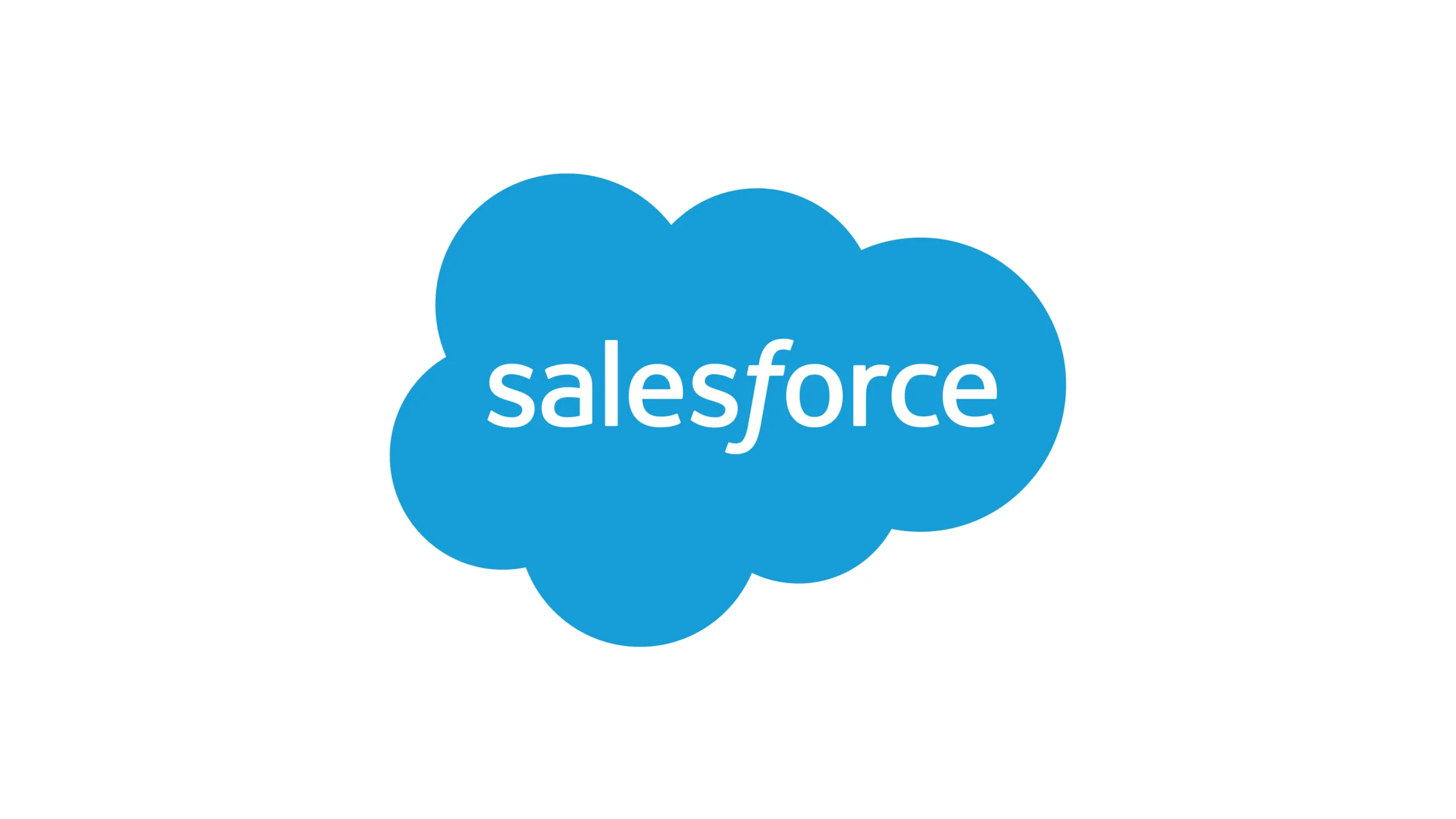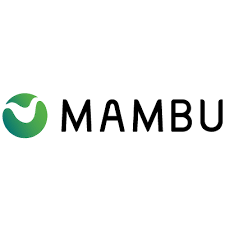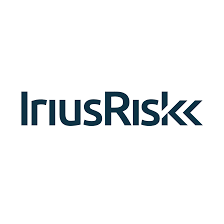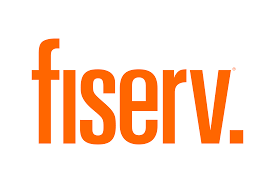The retail industry is experiencing a period of rapid transformation, driven by changing consumer behaviors, technological advancements, and evolving market dynamics. As retailers navigate this complex landscape, they are embracing new strategies and innovations to stay competitive and meet the demands of modern consumers.
1. The Rise of Omnichannel Retailing
In today’s retail environment, consumers expect a seamless shopping experience across all channels—whether they are shopping online, in-store, or via mobile devices. Omnichannel retailing integrates these various touchpoints to provide a consistent and cohesive customer experience. Retailers are increasingly adopting omnichannel strategies, offering options like click-and-collect, curbside pickup, and same-day delivery to meet consumer expectations for convenience and flexibility.
2. The Impact of E-commerce and Digital Marketplaces
E-commerce has seen exponential growth in recent years, with digital marketplaces like Amazon, Alibaba, and eBay leading the charge. The COVID-19 pandemic accelerated this trend, as more
consumers turned to online shopping out of necessity. Even as physical stores reopen, the convenience and variety offered by e-commerce platforms continue to drive their popularity.
Retailers are increasingly leveraging digital marketplaces to reach a broader audience and expand their sales channels. Additionally, direct-to-consumer (DTC) models are gaining traction, allowing brands to build stronger relationships with their customers and maintain greater control over their pricing, branding, and customer data. As e-commerce continues to grow, Seranova Group help retailers in robust digital strategies to capture market share and stay competitive.
3. Personalization and Customer Experience
Personalization is becoming a critical differentiator in the retail industry. Consumers are no longer satisfied with one-size-fits-all shopping experiences; they expect retailers to understand their preferences and deliver tailored recommendations and offers. Advances in data analytics, artificial intelligence (AI), and machine learning are enabling retailers to deliver personalized experiences at scale.
Additionally, we help our clients with personalized marketing campaigns, loyalty programs, and customer service interactions can enhance the overall shopping experience, fostering brand loyalty and increasing customer lifetime value.
4. The Role of Sustainability and Ethical Consumerism
Sustainability and ethical consumerism are becoming increasingly important in the retail industry. Consumers, particularly younger generations, are more conscious of the environmental and social impact of their purchases. They are seeking out brands that prioritize sustainable practices.
5. The Emergence of Experiential Retail
Experiential retail is redefining the traditional brick-and-mortar shopping experience. As e-commerce continues to grow, physical stores are no longer just places to purchase products—they are becoming destinations that offer unique and memorable experiences. Retailers are incorporating interactive elements, immersive environments, and in-store events to engage customers and create emotional connections with their brands.
6. The Integration of Technology in Retail
Technology is playing an increasingly important role in the retail industry, from enhancing the customer experience to optimizing supply chain operations. Retailers are adopting a wide range of technologies, including augmented reality (AR), virtual reality (VR), and the Internet of Things (IoT), to create innovative shopping experiences and improve operational efficiency.
As technology continues to advance, Seranova Group help retailers to embrace innovations and will be better positioned to meet the demands of modern consumers and stay ahead of the competition.
The retail industry is undergoing a period of profound change, driven by technological advancements, shifting consumer behaviors, and growing demands for sustainability and personalization. At Seranova Group we embrace omnichannel strategies, leveraging e-commerce and digital marketplaces, focusing on personalization and customer experience, prioritizing sustainability, and integrating cutting-edge technologies, retailers can navigate the challenges and opportunities of the evolving retail landscape.





























































































































































